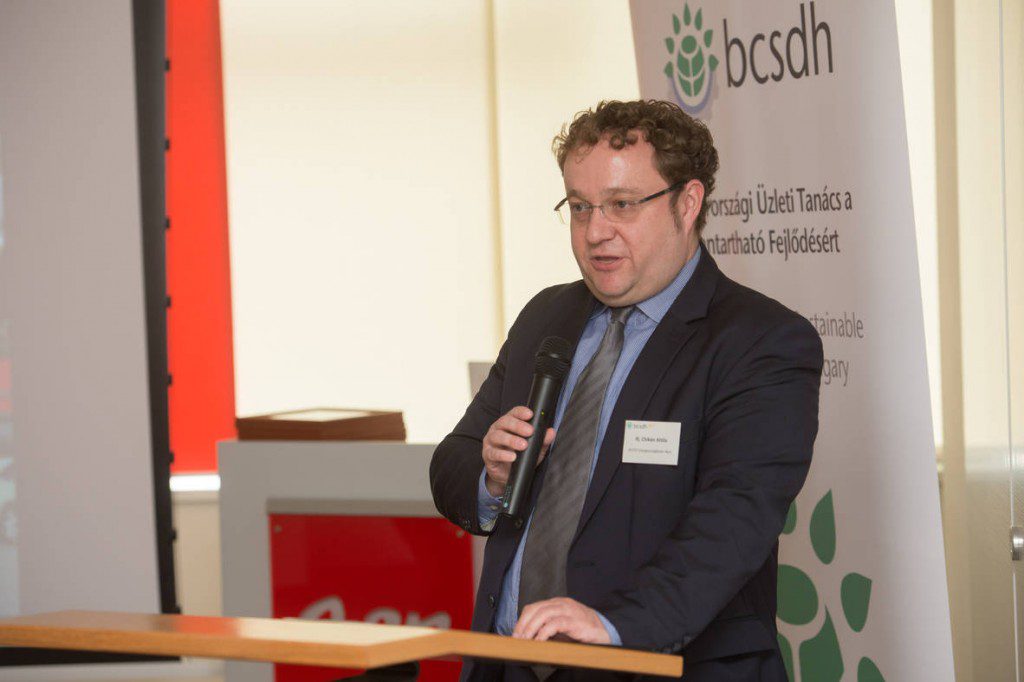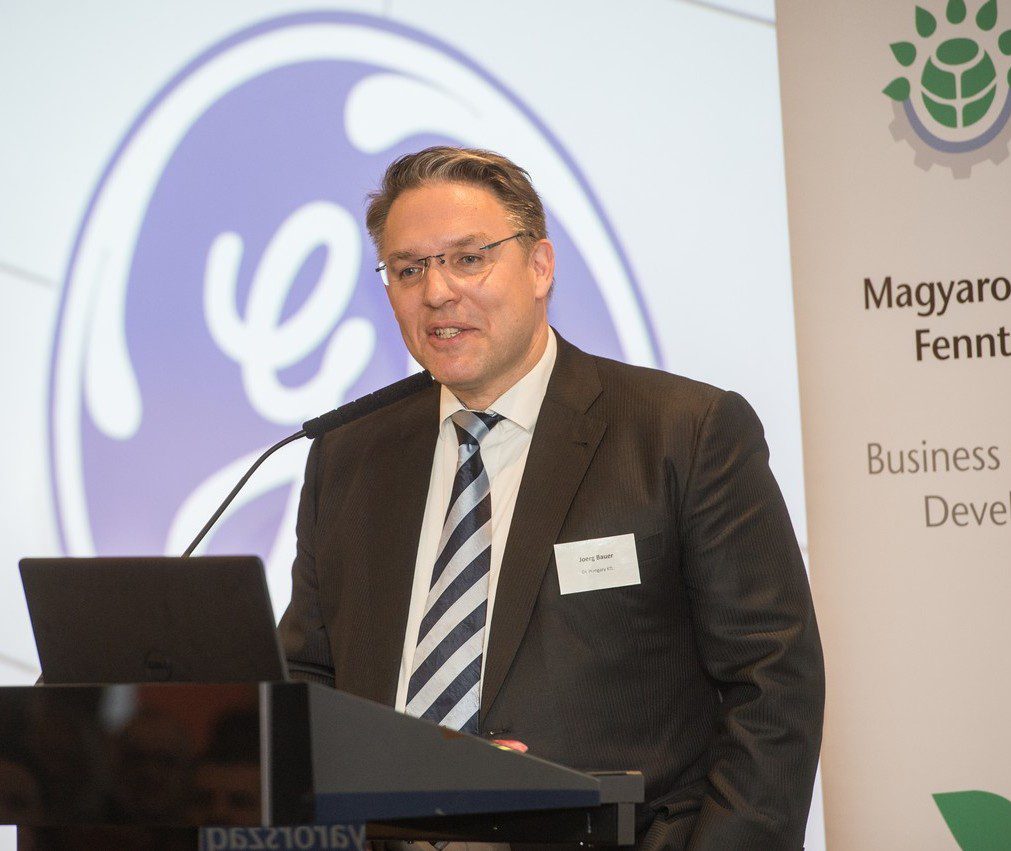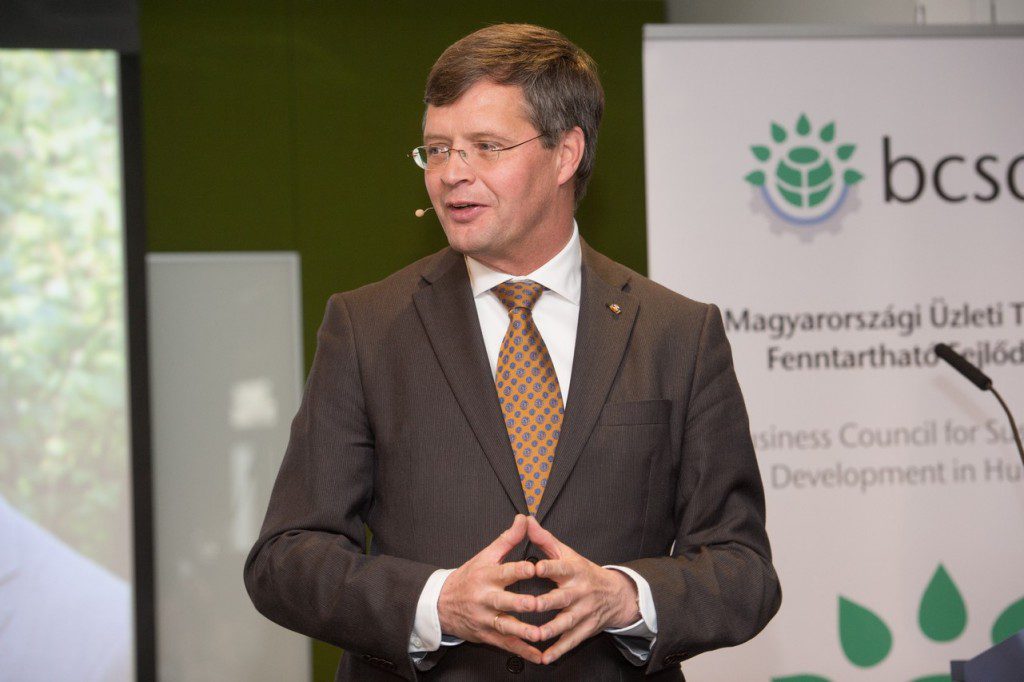Conference organised by the French Embassy in Hungary and the French Institute in partnership with the Embassy of Morocco in Hungary and Női Érdek/Hungarian Women’s Lobby
At the French Institute (Fő utca 17, Budapest 1011), 9 December 2016
In French and Hungarian with simultaneous translation. English programme for reference only
… whereas there will not be any climate justice without true gender equality, and whereas the elimination of inequalities and the fight against climate change should not be seen as contradictory…
Report of the Committee on Women’s Rights and Gender Equality on Women and Climate Change (2011/2197(INI)) of the European Parliament, 9th March 2012)
Women account for over half of the world’s population but their level of participation in political decision-making remains below that of men’s. This is equally true in the field of the environment, despite women being among the most vulnerable segments of the world’s population to climate change owing to the leading role they still play in family, health and education matters.
France and Morocco, as host countries to the COP21 and COP22 climate conferences, have emphasised during the negotiations the major role played by women, as well as their knowledge and expertise. France has, furthermore, placed women’s rights and gender equality at the heart of its development policy.
This conference will address these issues through the following questions: how can a better inclusion of women lead to public policies that better reflect the world population’s shared interest? What role can women play in raising awareness about what is at stake with climate change?
Programme:
9am – Opening speeches : After Paris and Marrakech: mobilizing on climate and gender
Anne-Marie Maskay, Deputy Head of Mission, Embassy of France
Nezha Riki, Deputy Head of Mission, Embassy of Morocco
Martina Makai, Deputy State Secretary for green economy, climate policy and key public services, National Development Ministry of Hungary
9.30am – 10.30am Panel: Equality between men and women as a tool in the fight against climate change
Serge Rabier, socio-demographer, member of the High Committee for Equality between Women and Men, researcher at the Paris-Berlin Virchow-Villermé Public Health Center
Hakima El Haite, Delegate Minister in Charge of Environment at the Ministry of Energy, Mining, Water and Environment of Morocco (video message)(tbc)
Csaba Kőrösi, Head of Directorate for Environmental Sustainability at the Office of the President of Hungary (tbc)
Emmanuelle Pinault, C40 Cities Climate Leadership Group
10.30am – 11am Q&A
11am – 11.30am Break
11.30am – 11.50am Keynote speech (in English): Climate change : a view from the IPCC
Diana Ürge-Vorsatz, Director, Center for Climate Change and Sustainable Energy Policy, and Vice Chair of WGIII of the Intergovernmental Panel on Climate Change
11.50am-1pm Round table: Raising awareness about climate change: what women (can) do
Andrea Joós, biology teacher, member of the Climate Embassy Association
Miriam Ekiudoko, Présidente, Ebony African Organization
Rebeka Szabó, maire-adjointe, Zugló
Moderator: Réka Sáfrány, Secretary General, Női Érdek/Hungarian Women’s Lobby and Board member, European Women’s Lobby
In French and Hungarian with simultaneous translation
Information and registration: Jana Gottfriedova, j.gottfriedova@inst-france.hu










